Explanatory Note
to the Curriculum of MBOU Secondary School No. 2 in Makaryevo
for the 2016-2017 Academic Year. (FBUP 2004)
-
General Provisions.
The curriculum of MBOU Secondary School No. 2 in Makaryevo, which implements general education programs approved by the Ministry of Education of the Russian Federation on March 9, 2004, No. 1312 "On the approval of the federal basic curriculum and sample curricula for educational institutions in the Russian Federation implementing general education programs," is developed based on:
-
Federal Law "On Education in the Russian Federation" No. 273-FZ of December 29, 2012;
-
Order of the Ministry of Education and Science of the Russian Federation No. 1015 of August 30, 2013 "On the approval of the procedure for organizing and implementing educational activities for the main general education programs — educational programs of primary general, basic general, and secondary (complete) general education";
-
Order of the Ministry of Education and Science of the Russian Federation No. 1089 of March 5, 2004 "On the approval of the federal component of the state educational standard";
-
Order of the Ministry of Education and Science of the Russian Federation No. 1312 of March 9, 2004 "On the approval of the federal basic curriculum and sample curricula for educational institutions in the Russian Federation implementing general education programs" (with subsequent amendments);
-
Order of the Ministry of Education and Science of the Russian Federation No. 69 of January 31, 2012 "On amendments to the federal component of the state educational standards for primary general, basic general, and secondary (complete) general education, approved by the order of the Ministry of Education and Science of the Russian Federation No. 1089 of March 5, 2004";
-
Resolution of the Chief State Sanitary Doctor of the Russian Federation No. 189 of December 29, 2010 "On the approval of SanPiN 2.4.2.2821-10 'Sanitary and epidemiological requirements for the conditions and organization of education in general education institutions'" (registered with the Ministry of Justice of the Russian Federation on March 3, 2011, No. 19993);
-
Order of the Department of Education of the Kostroma Region No. 1312 of August 10, 2014 "On the approval of the regional basic curriculum for educational institutions of the Kostroma region implementing general education programs";
-
Instructional and methodological letter from the Department of Education of the Kostroma Region "On the formation of curricula for general education organizations of the Kostroma region implementing primary general, basic general, and secondary general education programs for the 2015/2016 academic year" (July 7, 2015).
The curriculum of MBOU Secondary School No. 2 is a component of the institution's main educational program.
The curriculum is a normative and legal document that establishes the list of subjects and the amount of study time allocated for their study at various levels of general education.
The educational program for basic general education is designed for a five-year normative learning period.
The educational program for secondary general education is designed for a two-year normative learning period.
The curriculum for grades 10-11 implements a model of universal (non-profile) education.
The duration of the academic year for grades 8-11 is 34 academic weeks.
The educational institution at the basic and secondary general education levels operates on a six-day academic week schedule.
The curriculum consists of two parts:
-
Invariant (federal component – no less than 75% of total normative time), ensuring the preservation of a unified educational space in the Russian Federation, both for the six-day and five-day academic week schedules;
-
Variable (regional component – no less than 10% and institution's component – no less than 10% of total normative time), ensuring the preservation of a unified educational space in the Kostroma region, both for the six-day and five-day academic week schedules, and maximizing the opportunities of MBOU Secondary School No. 2, the social demand, and the individual needs of students.
The institution's component allows for the expression of the school's focus and specifics. The time allocated for the institution's component is used to implement authorial educational programs that deepen, expand knowledge, and enhance students' skills in the main sections of the federal and regional components' courses, the implementation of the "Istoki" program, conducting individual and group lessons, organizing classes with gifted and struggling students, and holding physical activity sessions (sports games, aerobics, rhythm, choreography, modern and ballroom dancing, etc.); it also covers pre-profile training for students in grades 8-9.
When conducting lessons on "Foreign Language" (grades 8-11), "Technology" (grades 8-11), "Physical Education" (grades 10-11), practical lessons in "Physics," "Chemistry," the course "Informatics and ICT," during pre-profile and profile education, the classes are divided into two groups: in urban educational institutions, when the class size exceeds 25 students.
The curriculum sets the list of subjects and the volume of academic time allocated to their study at the levels of general education and by class within the regional component of basic and secondary general education.
The federal component of the curriculum determines the number of hours allocated for studying subjects in the federal component of the state educational standard of general education.
The regional component of the curriculum is aimed at ensuring the implementation of regional educational policy by teaching the following subjects:
-
Russian language;
-
Literary reading;
-
Literature;
-
Russian language and speech culture;
-
Local literature;
-
Informatics and ICT;
-
History of the native land;
-
Social science;
-
Basics of life safety.
-
Basic General Education.
To increase students' proficiency in modern Russian literary language in both written and oral forms and in various functional areas, 1 hour from the regional component of the basic curriculum (per subject) is allocated for the study of the "Russian Language and Speech Culture" course in grades 8-9.
The "History of the Native Land" subject is introduced in the regional component in grades 8-9, with 0.5 hours for each grade. The course covers the history of the Kostroma region in close connection with the history of the Motherland and will contribute to the development of a sense of patriotism and citizenship in Russia, as well as pride for the local region.
The "Basics of Life Safety" subject is introduced in grade 9. The course content focuses on forming students' conscious and responsible attitude towards personal safety and the safety of others, helping them learn how to preserve life and health in dangerous or life-threatening conditions, and training students in first aid. The course includes both theoretical and practical aspects of safe behavior and personal protection in everyday life and various emergency situations.
Students in grades 8-9 are assessed by quarters. Quarter grades for students in grades 8-9 are based on current assessments. Quarterly assessments are conducted for subjects with 1 or more hours of academic load. For subjects with a load of 0.5 hours or less, the assessment is conducted at the end of the semester. The annual grade is determined based on quarter or semester results. The forms of intermediate assessments in transitional classes may include tests, written and oral exams, interviews, testing, protection of essays and creative works, project defenses, and other forms. The list of subjects, the choice of assessment form, and the specific timing of the annual intermediate assessment are discussed and approved at the School Pedagogical Council, and its decision is communicated to students and parents (legal representatives) at the beginning of the academic year.
Intermediate assessment at the basic general education level.
Form of intermediate assessment
Grade
Subject
Frequency
Type of test
8
Mathematics
End of 1st, 2nd semester
Standard test
9
Mathematics
End of 1st, 2nd semester
Control test in GIA format
8
Russian language
End of year
Standard test
8
Chemistry
End of year
Written work with a creative task
9
Russian language, Literature
End of 1st semester
Test-based control
9
Russian language
End of 3rd quarter
Short written work with an audio recording
9
Russian language
End of year
Control test in GIA format
9
Russian language
End of year
Physical Education exam
8-9
Physical Education
End of year
Weekly Academic Plan
Subjects
8a
8b
9
Total
Russian language
3
3
2
8
Literature
2
2
3
7
Foreign language
3
3
3
9
Mathematics
5
5
5
15
Informatics and ICT
1
1
2
4
History
2
2
2
6
Social science (including economics and law)
1
1
1
3
Geography
2
2
2
6
Physics
2
2
2
6
Chemistry
2
2
2
6
Biology
2
2
Physical Exercise Breaks During Drawing Lessons
25 Years of Our Beloved School: A Heartfelt Reunion and Celebration
Sponsorship Support Provided to Secondary School No. 19 with Advanced Educational Programs in the 2014–2015 Academic Year
Caution: Thin Ice – Stay Safe Near Water in Winter

 Deutsch
Deutsch
 Francais
Francais
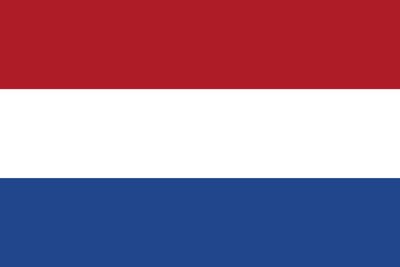 Nederlands
Nederlands
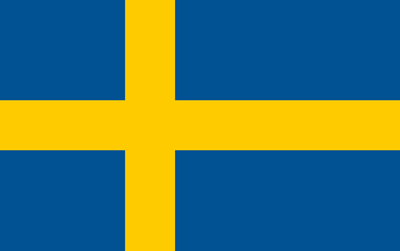 Svenska
Svenska
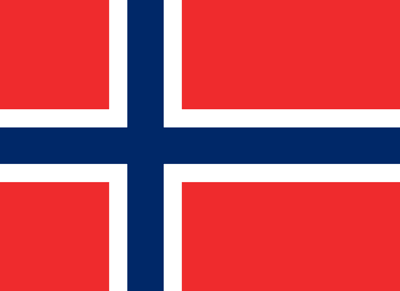 Norsk
Norsk
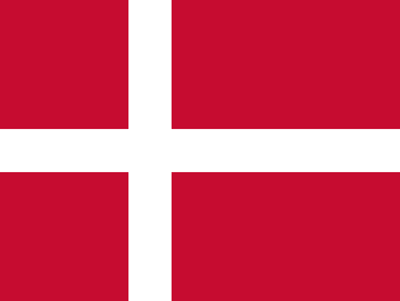 Dansk
Dansk
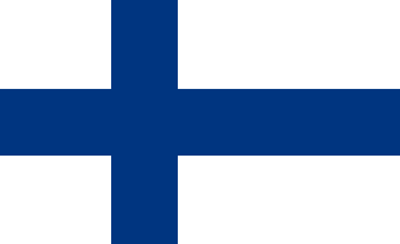 Suomi
Suomi
 Espanol
Espanol
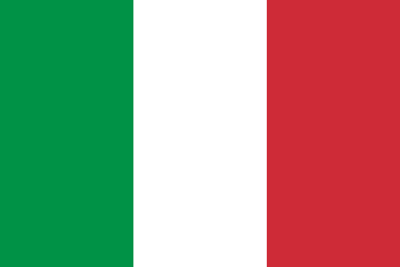 Italiano
Italiano
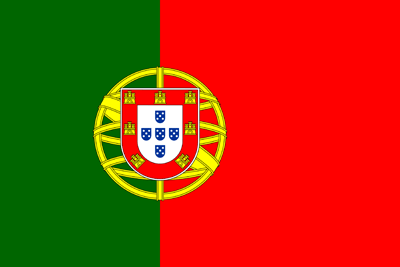 Portugues
Portugues
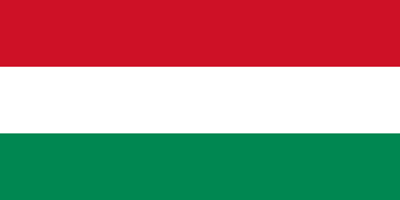 Magyar
Magyar
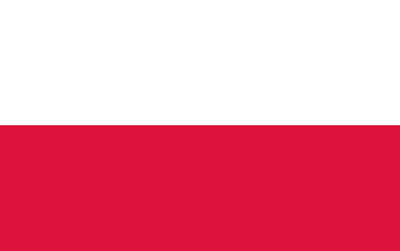 Polski
Polski
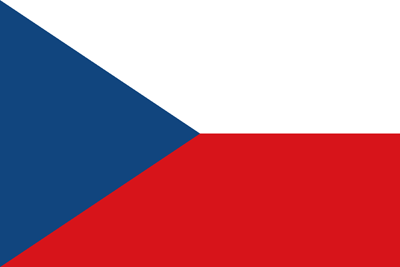 Cestina
Cestina
 Русский
Русский